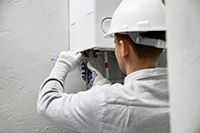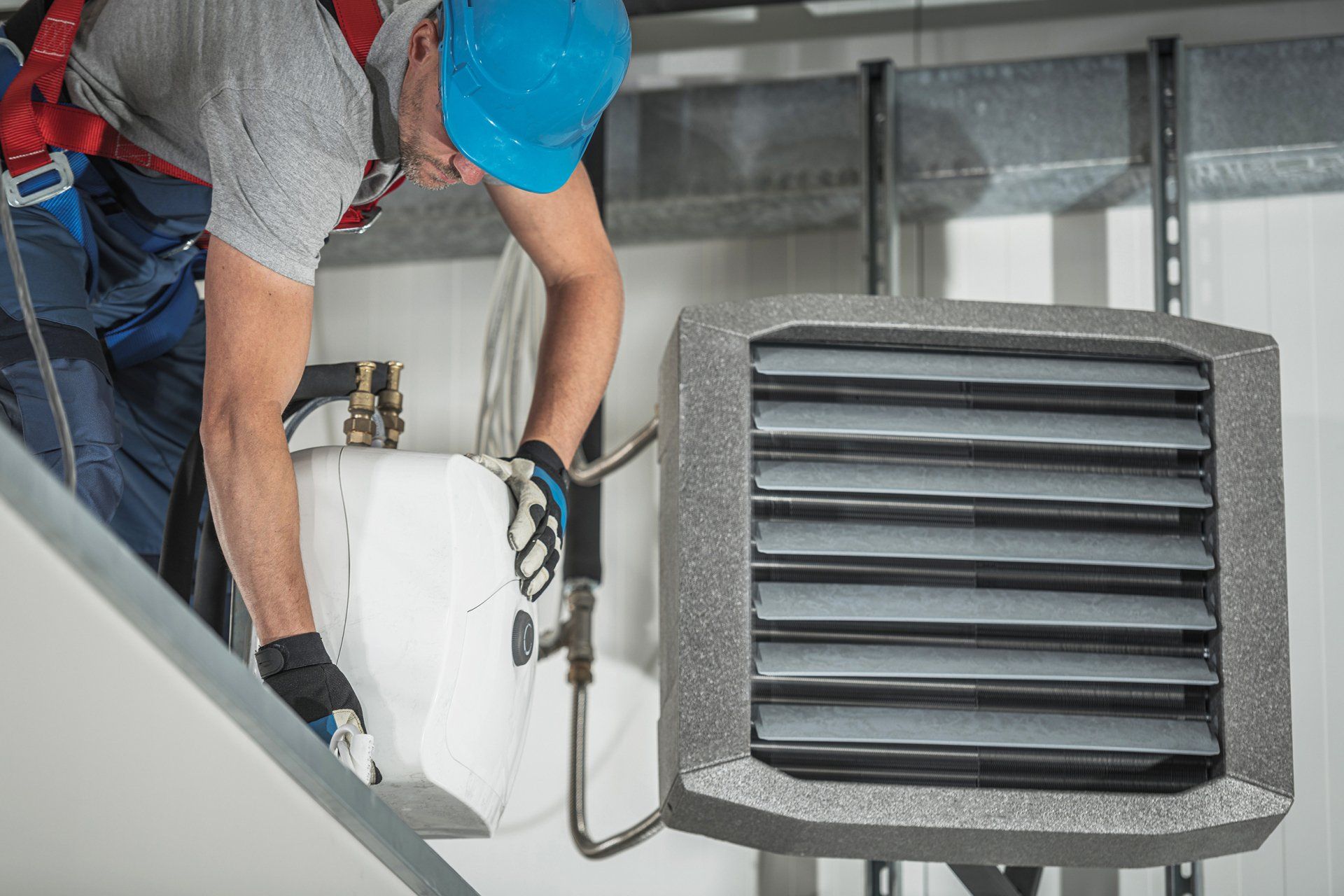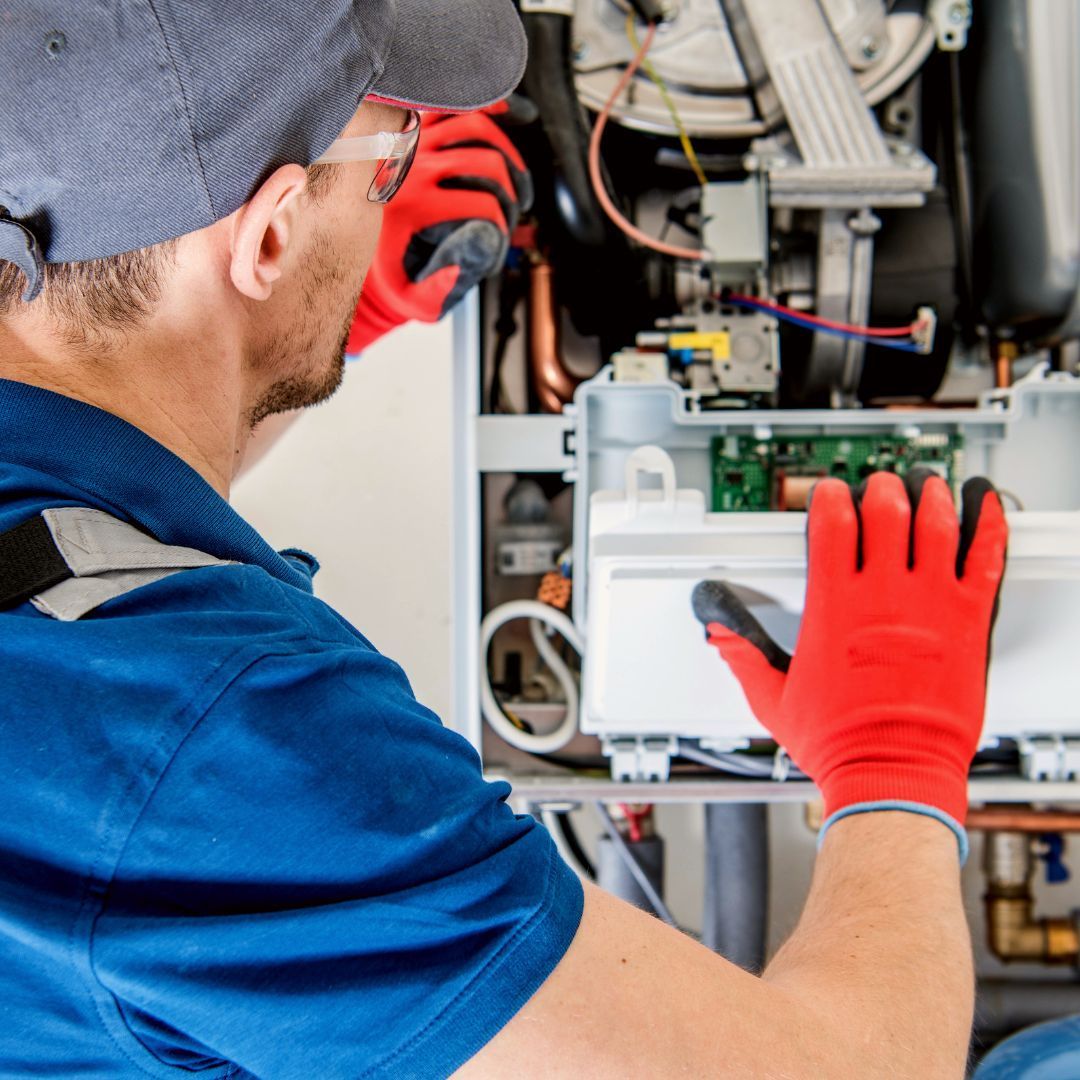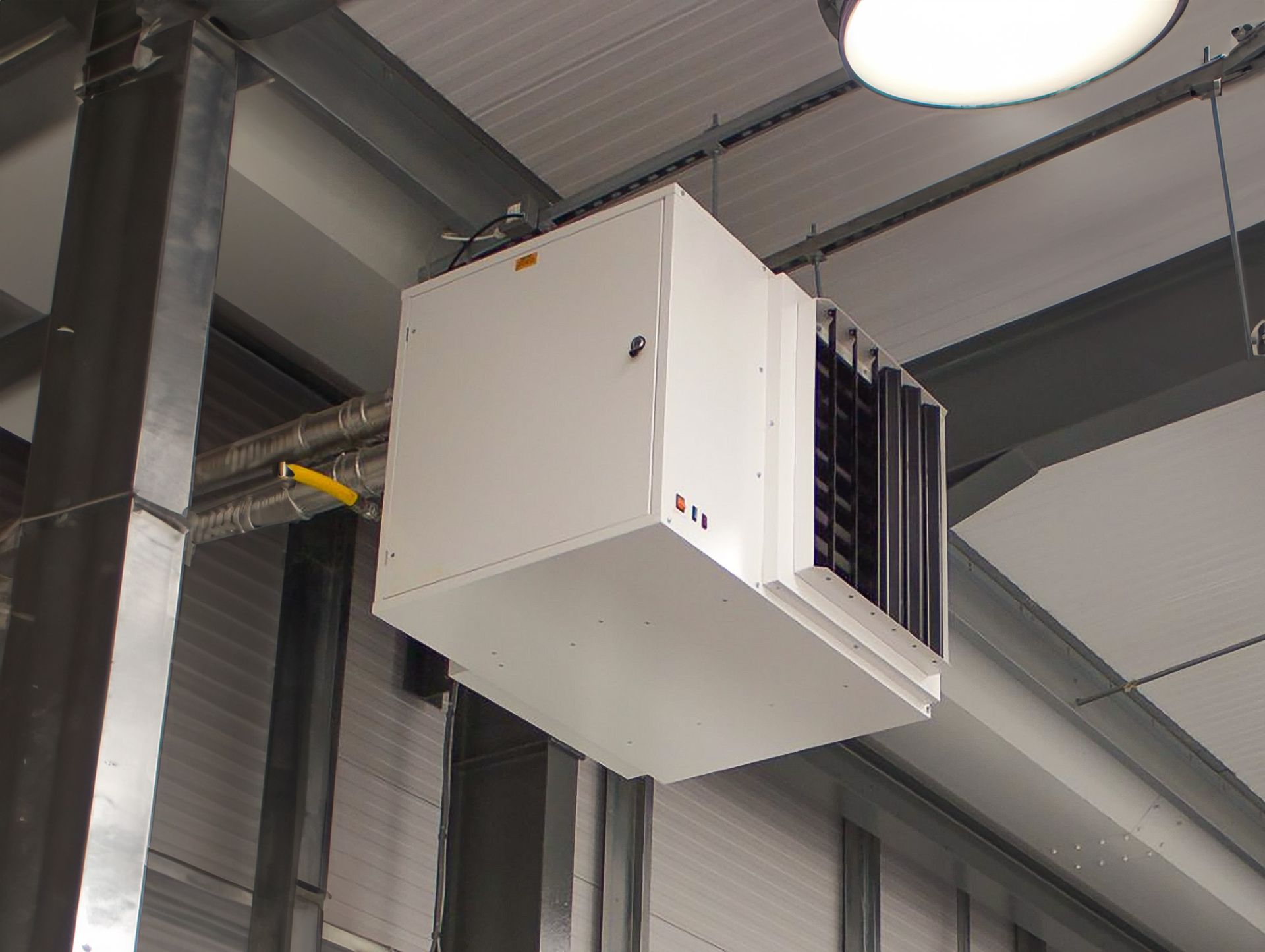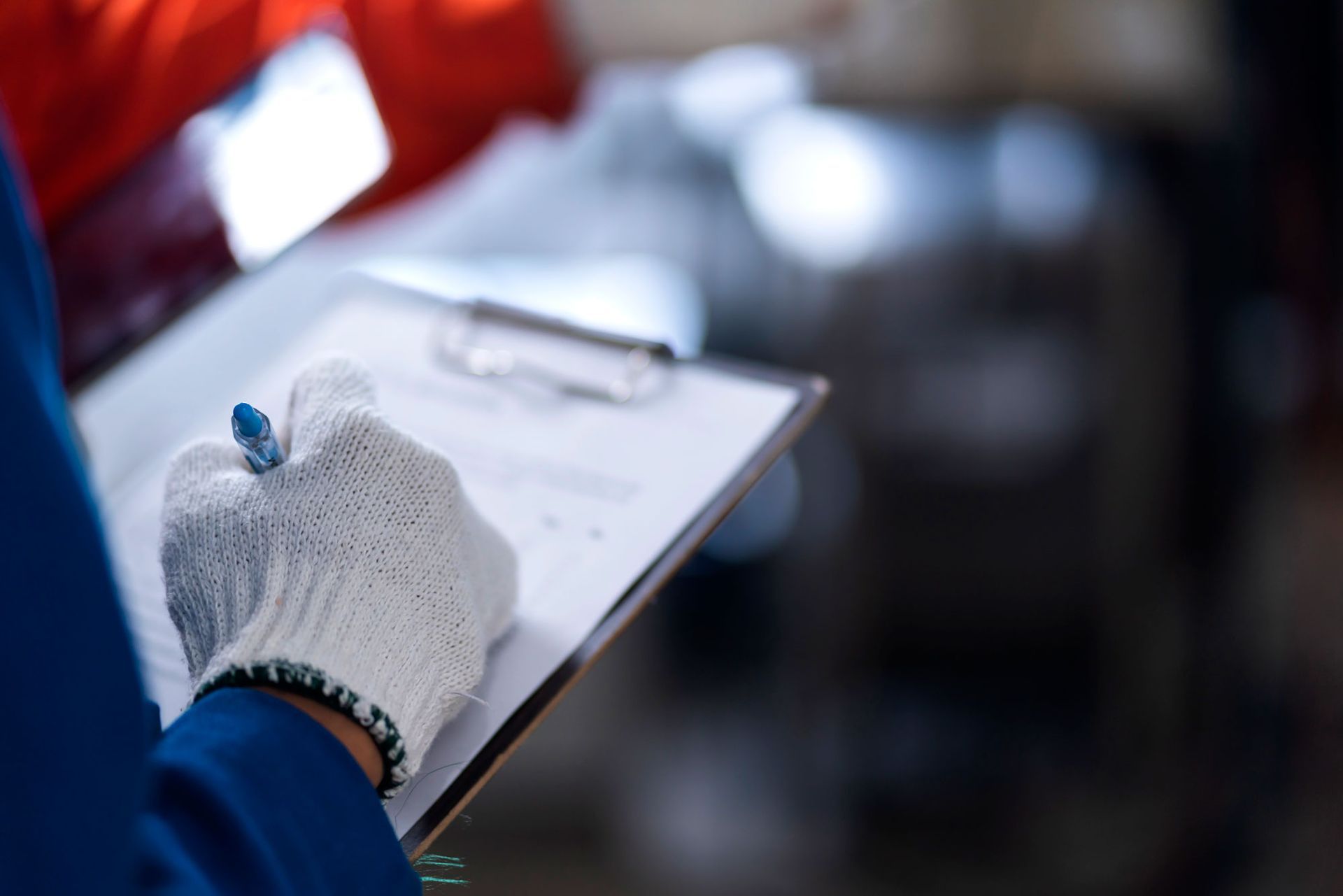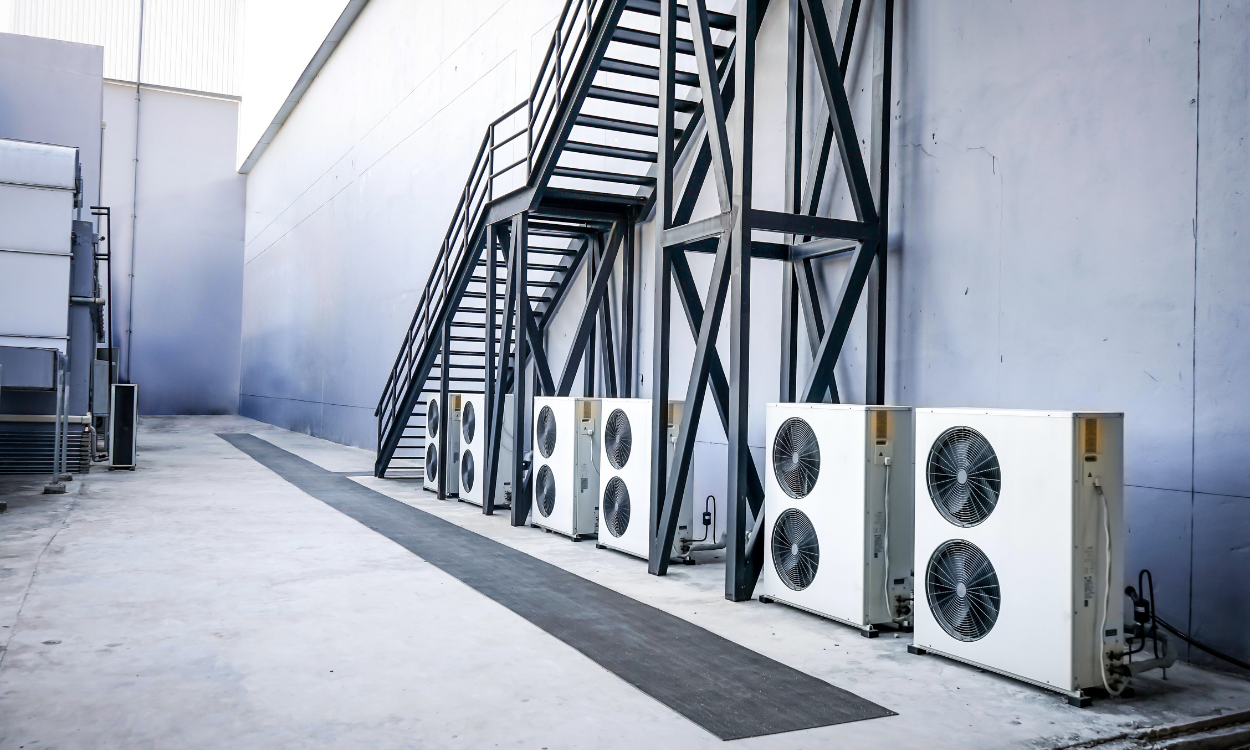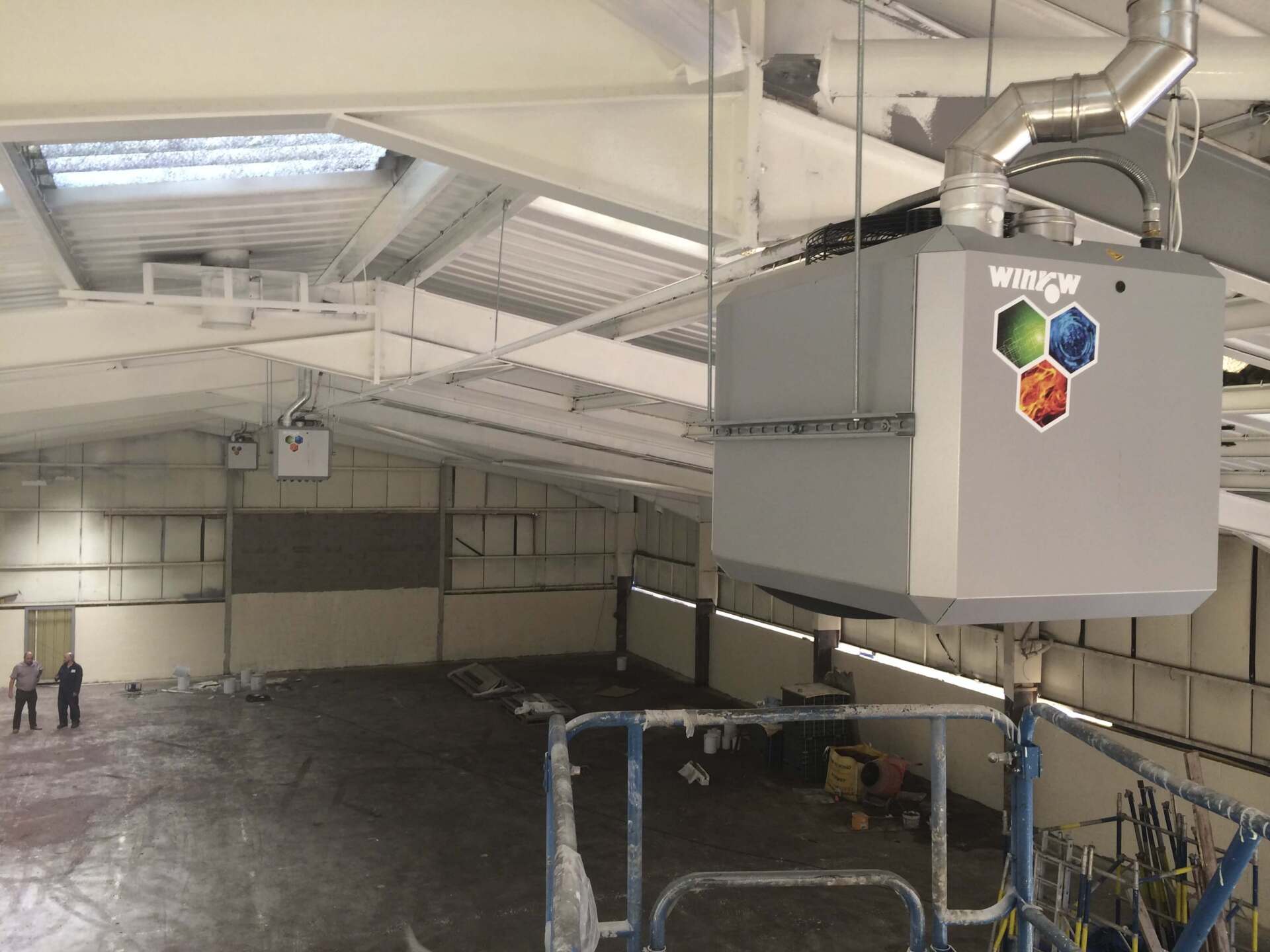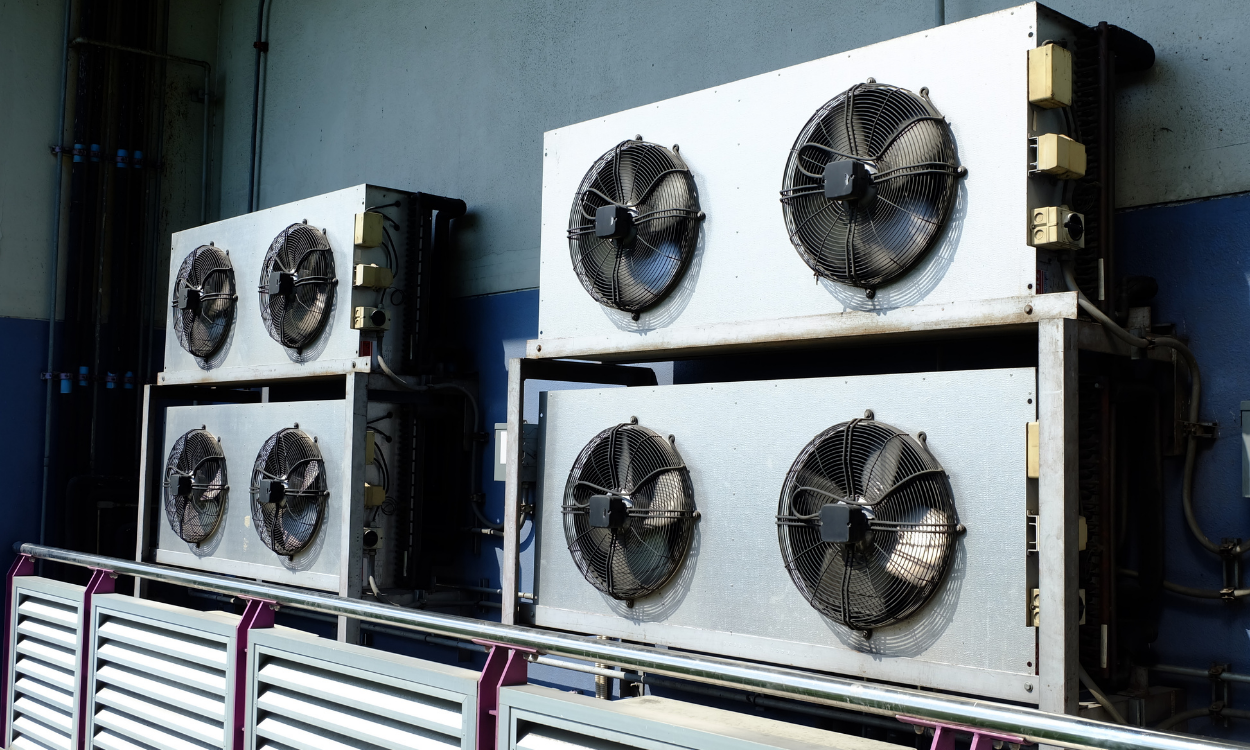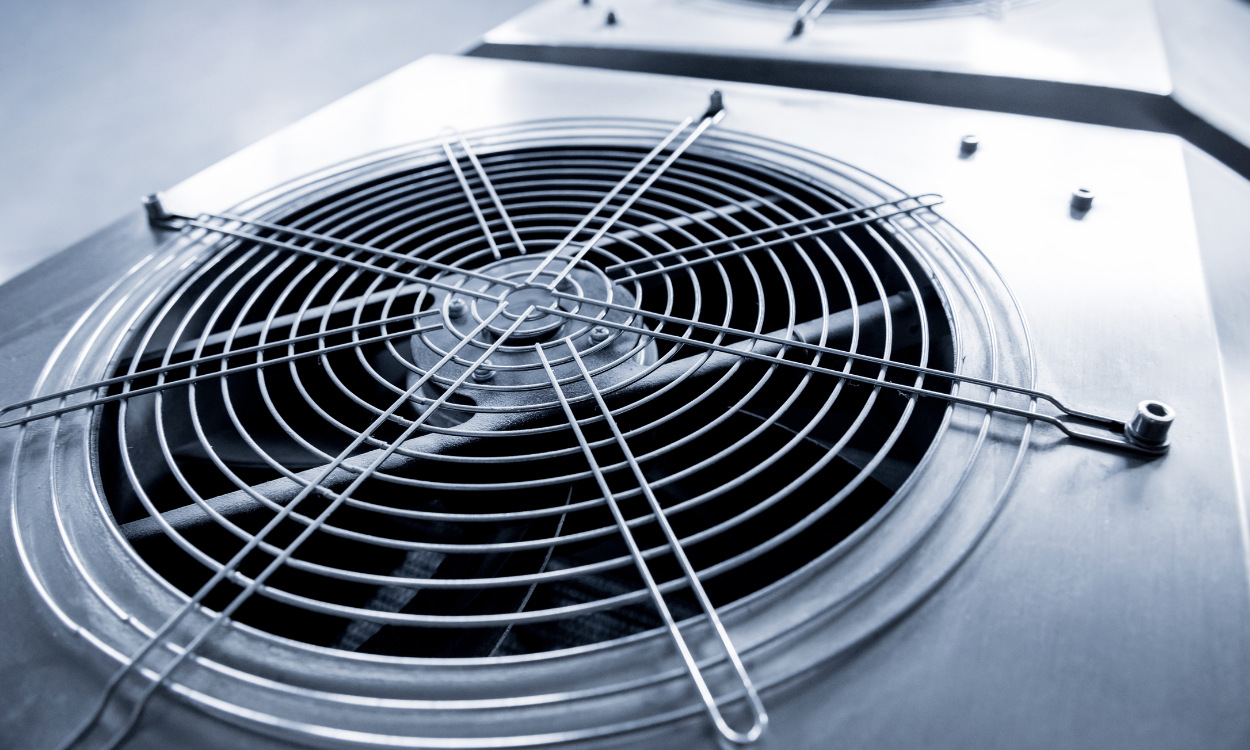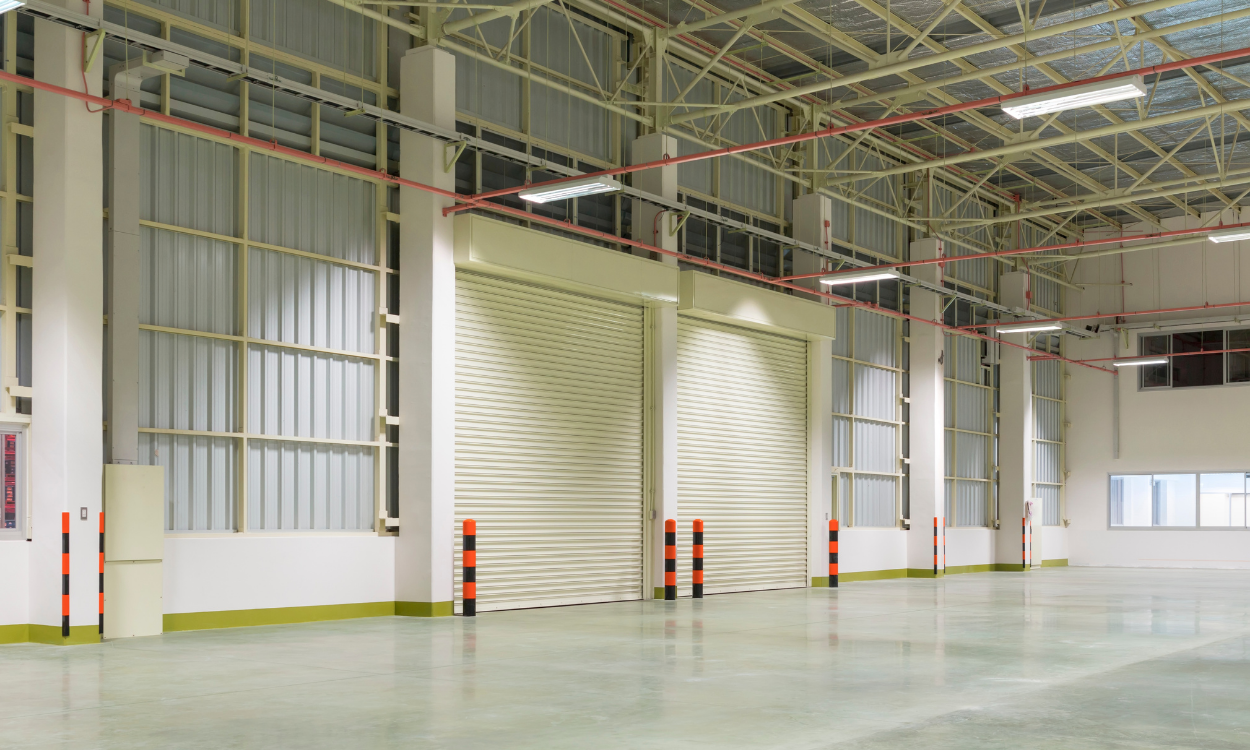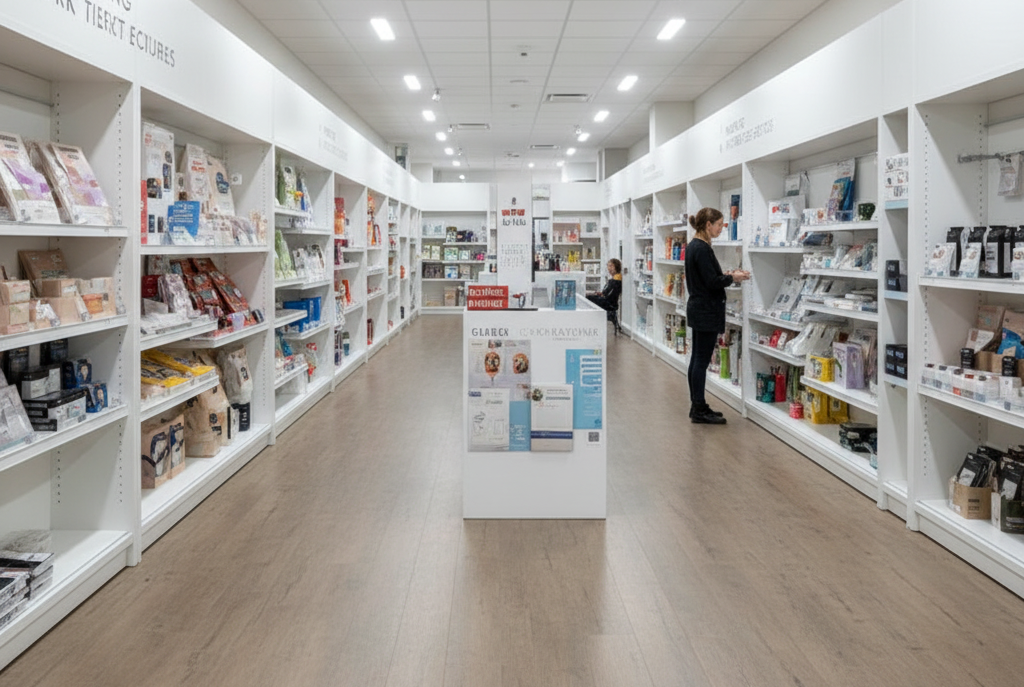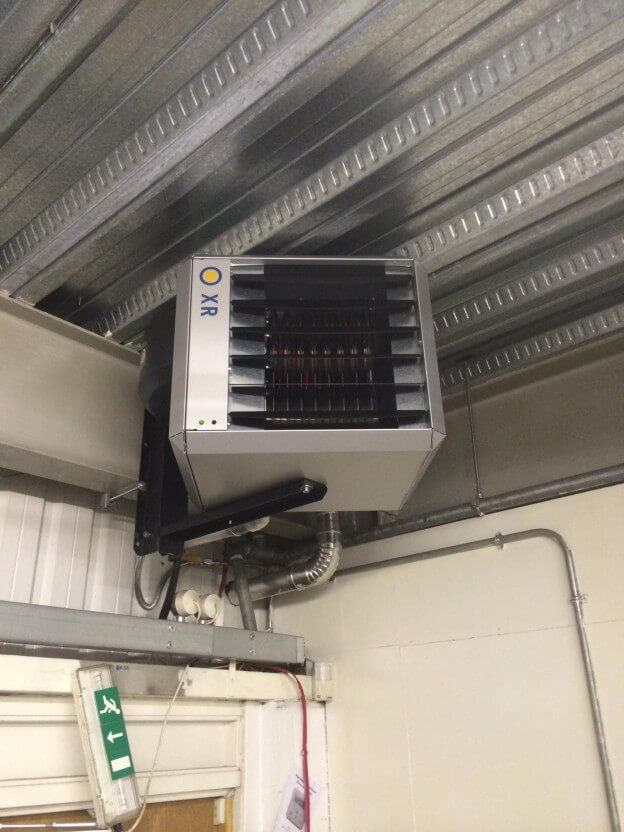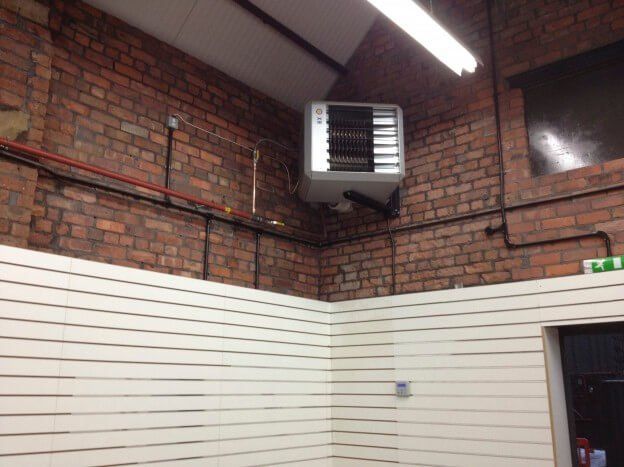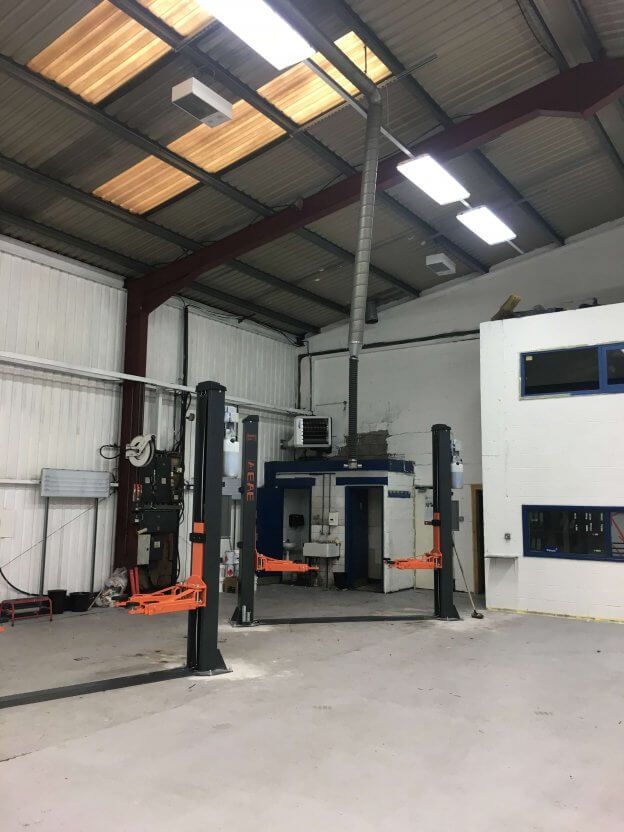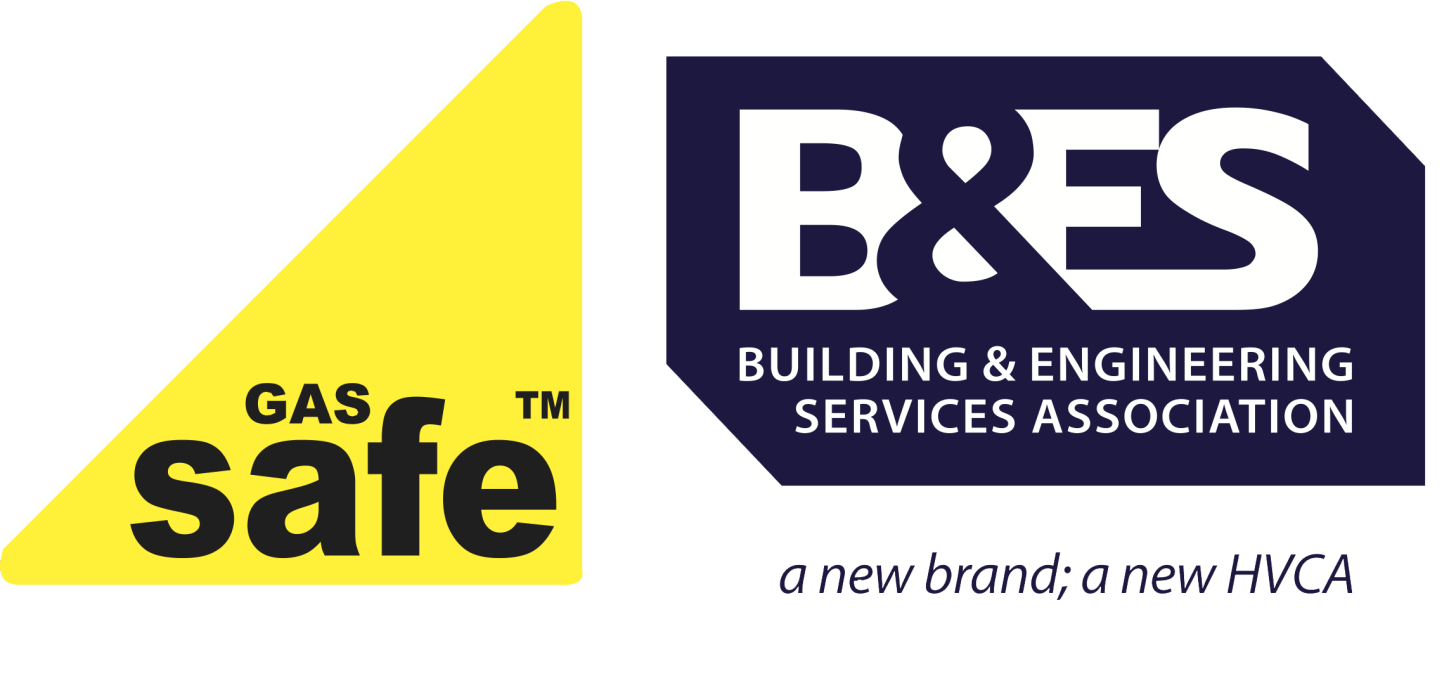UK Commercial Heater Regulations & Standards
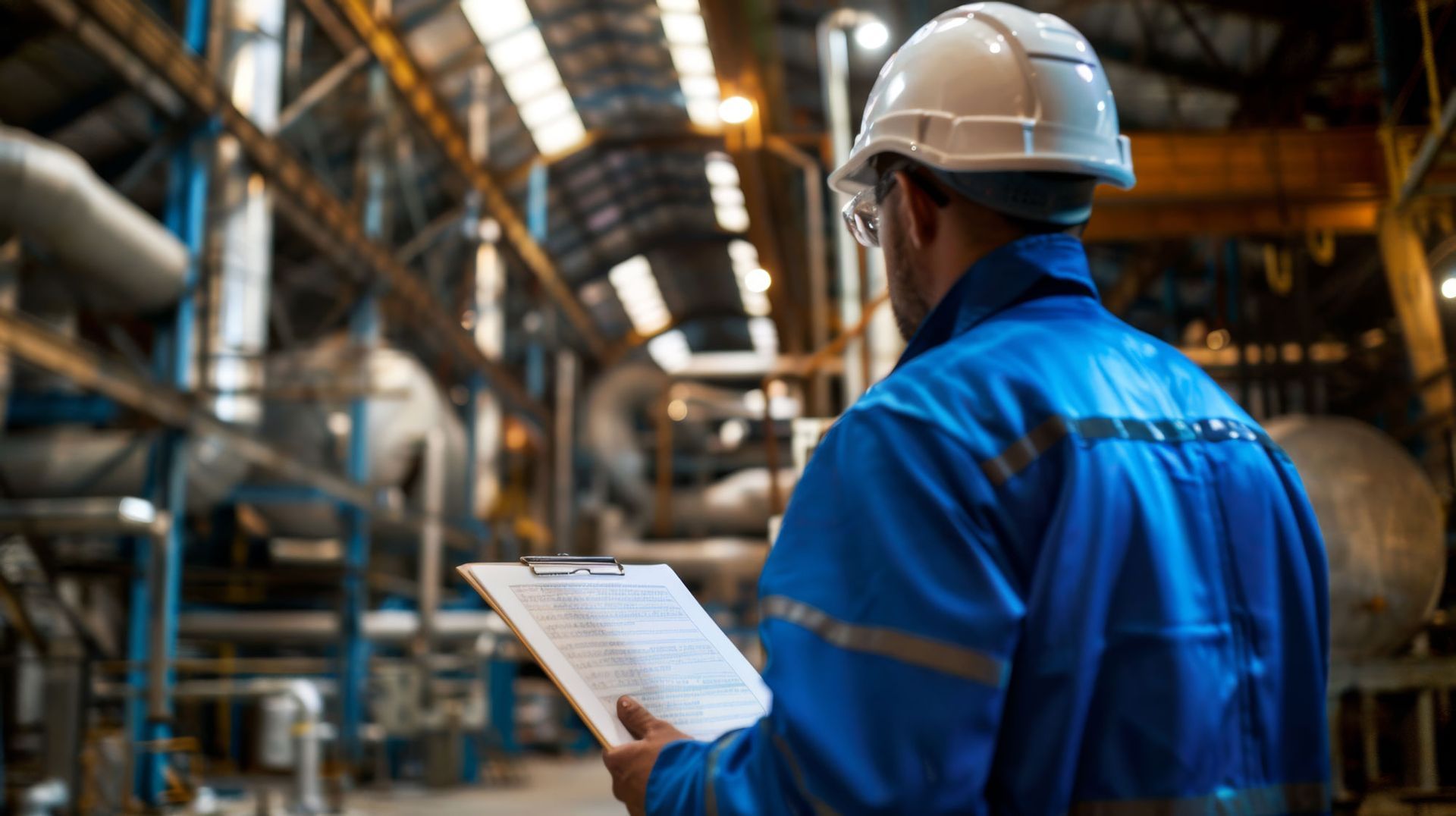
Heating systems in commercial and industrial environments like schools and factories have to navigate a minefield of regulations and standards. These systems need to be comfortable, safe, energy efficient and environmentally responsible. This article explains the key points and helps you make informed decisions.
1. Regulatory Framework
1.1 CE Marking and What it Means
CE Marking is required for any heating system installed in the EU, including the UK post Brexit where many EU laws still apply. It means compliance with health, safety and environmental protection standards. For commercial spaces like schools which often house vulnerable people, compliance with these standards is crucial.
- The Certification Process: Manufacturers must go through rigorous testing and keep detailed records to prove their product is safe. This means if there’s an issue with safety, everything is traceable and accountable.
1.2 British Standards (BS)
British Standards go further and have specific criteria for safety and performance for high use environments. For example BS EN 442 covers radiator systems in schools where consistent and safe heat is required.
2. Energy Efficiency and Environmental Impact
2.1 The EU Ecodesign Directive
The Ecodesign Directive sets out the ecological requirements for energy related products. Commercial heating systems must meet these efficiency standards to reduce energy consumption and carbon emissions. These standards drive innovation in heating technology which reduces operational costs significantly, a key factor for cash strapped institutions like public schools.
- Implementation: By installing ecodesign compliant systems businesses can reduce their carbon footprint and potentially get tax incentives for sustainable technologies.
2.2 ERP Energy Labeling
This labeling helps facility managers to identify and choose systems that are energy efficient, rated from A+++ to G. For schools and factories, choosing high efficiency models reduces long term energy costs and supports environmental initiatives.
3. Safety Features for Industrial Heaters
3.1 Full Safety Requirements
Industrial heaters need to have multiple safety features because of their size and the risks associated with them.
- Overheat Protection: Automatically switches off the system to prevent fire hazards, especially in busy areas.
- Automatic Shut-off and Safety Sensors: Detect anomalies in operation conditions, so the heater doesn’t pose a risk, especially in areas where children are present.
3.2 Gas and Electrical Safety Standards
For gas heaters UK regulations require installation and checks by Gas Safe registered engineers. Regular maintenance prevents issues like carbon monoxide leaks. Electrical heaters must comply with safety protocols to prevent electrical fires and shocks.
4. Manufacturer Responsibilities and Compliance
4.1 Design and Testing
Manufacturers must design products to pass safety tests. This includes:
- Material Selection: Non-combustible and durable materials only.
- Prototype Testing: Iterative testing to refine design and performance before market release.
4.2 Mandatory Compliance Declarations
Companies must prepare compliance declarations, including technical files, to prove their products meet all the standards. This paperwork is for transparency and consumer trust.
5. Installation and Maintenance Practices
5.1 Installation Guidelines
Installation is non negotiable. Systems must be installed by certified professionals to strict safety standards. Placement should allow for good airflow and safe operation distances, especially in schools where equipment can be obstructed or vandalised.
5.2 Maintenance Protocols
Having a maintenance schedule is key to safety and efficiency. This means annual inspections and fault finding for large systems in factories where downtime is not an option.
6. Future Trends and Innovations
6.1 Heating Technologies
New technologies like smart controls, IoT enabled systems and advanced materials that offer better efficiency and predictive maintenance. These will turn traditional heating systems into responsive energy efficient solutions for complex environments like schools and factories.
6.2 Policy and Regulation
What changes to the policy could impact the industry, tighter emissions regulations and more stringent safety standards.
Summary
Choosing the right heating system for commercial use means understanding the regulations, prioritising energy efficiency and safety. By complying with CE and British Standards, using energy efficient technologies and following strict installation and maintenance practices businesses can create safer, more cost effective and environmentally friendly heating solutions.
Share This Post.
Need a Quote?
Is your business is looking for heating upgrade or an installation quote? Please call us on 08000 588 035 for a free quotation or fill out our contact form and we’ll get back to you as soon as we can.
If you could also attach some relevant images of the building and advise the building volumetric, it will help with our initial design assessment. Thank you.
